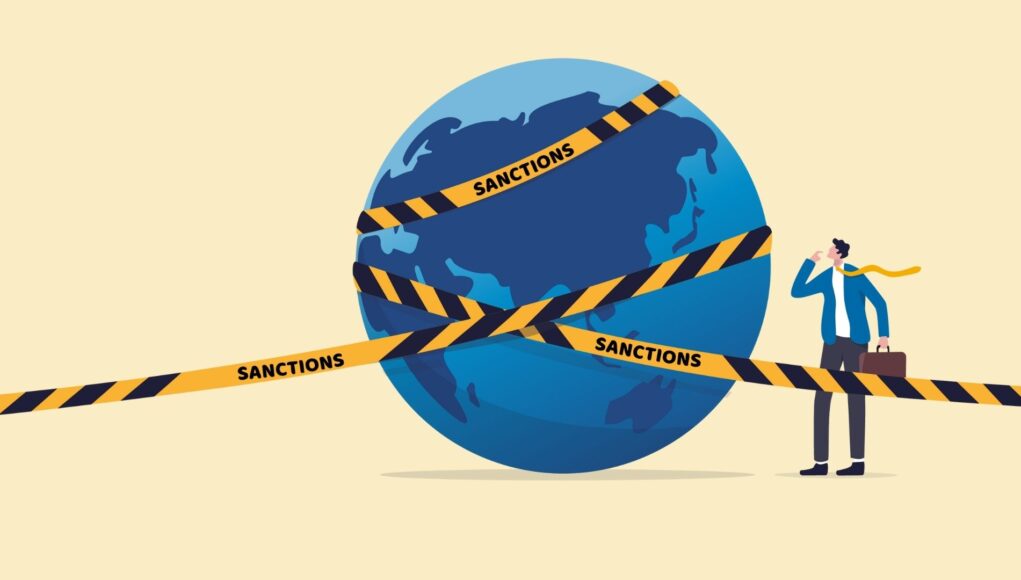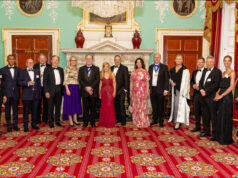This article by Milton Silverman, a Partner at Streathers Solicitors, explores the laws imposing sanctions against Russia, and what businesses who trade internationally need to be aware of in order to stay on the right side of the law.
This article by Milton Silverman, a Partner at Streathers Solicitors, explores the laws imposing sanctions against Russia, and what businesses who trade internationally need to be aware of in order to stay on the right side of the law.
Most of the population are aware of sanctions legislation operating against high-profile Russian oligarchs, and the impounding of assets which can result from that. Perhaps less well-known are certain other provisions under The Russian (Sanctions) (EU Exit) Regulations 2019.
Section 46B states as follows:
(1) The export of luxury goods to, or for use in, Russia is prohibited.
[“Works of art, collectors’ pieces and antiques” are included in the definition of “luxury goods”.]
(2) A person must not directly or indirectly:
(a) supply or deliver luxury goods from a third country to a place in Russia;
(b) make luxury goods available to a person connected with Russia;
(c) make luxury goods available for use in Russia.
[….]
(4) A person who contravenes a prohibition in paragraph (2) commits an offence, but:
(a) it is a defence for a person charged with the offence of contravening paragraph (2)(a) to show that the person did not know and had no reasonable cause to suspect that the goods were destined (or ultimately destined) for Russia;
(b) it is a defence for a person charged with the offence of contravening paragraph (2)(b) (“P”) to show that P did not know and had no reasonable cause to suspect that the person was connected with Russia;
(c) it is a defence for a person charged with the offence of contravening paragraph (2)(c) to show that the person did not know and had no reasonable cause to suspect that the goods were for use in Russia.
Look carefully at the following in 46B 2(b) above: “… to a person connected with Russia”.
Given the completely global nature of the art trade, you may wonder precisely what ‘connected with Russia’ means.
The answer is found in Regulation 21:
“For the purposes of this Part, a person is to be regarded as “connected with” Russia if the person is –
(a) an individual who is, or an association or combination of individuals who are, ordinarily resident in Russia,
(b) … an individual who is, or an association or combination of individuals who are, located in Russia,
(c) a person, other than an individual, which is incorporated or constituted under the law of Russia, or
(d) a person, other than an individual, which is domiciled in Russia.”
So under Regulation 21, if you sell to an individual who is ‘ordinarily resident’ or ‘located’ in Russia (a or b above), you may be committing an offence as the export of luxury goods to him or her is “prohibited”.
Your only defence may be under 46B(4)(b) if it can be shown that you “did not know and had no reasonable cause to suspect that the person was connected with Russia” – showing this may be onerous.
These provisions are not just theoretical: government lawyers are actively engaged in pursuing consignments where these provisions do – in their view – apply.
Another very reasonable speculation may occur to you – individual business/shipping transactions apart. Could not, for example, Harrods, be caught by selling something across the counter to “a person … “connected with Russia”?
Border Force can, and do, seize consignments which are in apparent contravention of Regulation 46B. HMRC may then also become involved.
As much due diligence as is reasonably possible is the only answer.
- By Milton Silverman, Partner, Streathers; first published in the Antiques Trade Gazette on November 11, 2023
www.streathers.co.uk/










